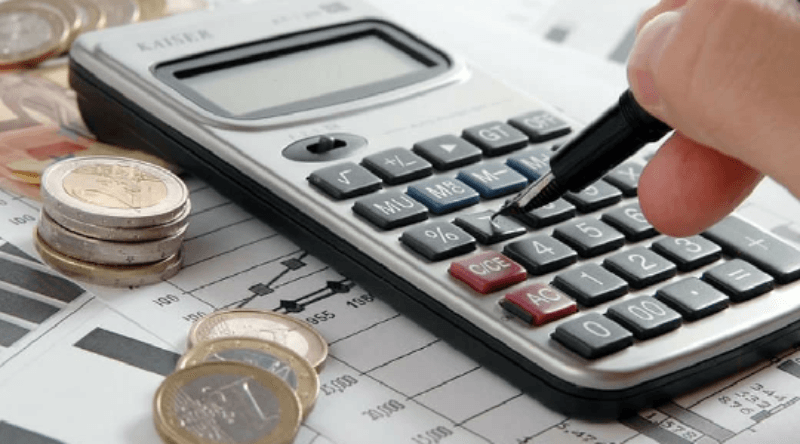
However, it is important to take steps to pay off your debts and improve your financial situation.
If you're in a debt situation, you're not alone. Many people face financial problems at some point in their lives. However, it is important to take steps to pay off your debts and improve your financial situation. In this article, we present some effective tips for dealing with your debts.
Analyze your debts
The first thing you should do to pay off your debts is to analyze them in detail. Write down in a list all your debts, the total amount you owe and the interest rates that apply. This will help you have a clear idea of how much money you are paying in interest each month, which will allow you to better plan how to pay them off.
Once you have this information, you can also evaluate if it is possible to consolidate your debts into one to simplify payments and perhaps get a lower interest rate. Remember that knowing your debts is the first step to successfully managing and repaying them.
Prioritize your payments
It is important to prioritize your payments to avoid delays and interest accumulation. Take into account the payments with the highest interest rates and those that could have serious consequences if not paid on time, such as mortgage or rent.
It is also recommended that you make a payment plan and establish a monthly budget to meet your financial obligations. Remember that you can always negotiate with your creditors to establish more flexible payment plans.
Look for alternatives to reduce interest
One way to reduce the interest you pay on your debts is to look for refinancing or debt consolidation options. These options allow you to combine several debts into one, with a lower interest rate and a more manageable payment plan.
You can also negotiate with your creditors to agree on a lower interest rate or a more flexible payment plan. Sometimes simply calling the company and explaining your financial situation can help you get better terms.
Finally, try to avoid using credit cards or loans with very high interest rates. It is always better to opt for options with lower rates and pay off your debts as quickly as possible to avoid accruing interest.
Create a payment plan and stick to it.
Once you have reviewed your income and expenses, it is important to create a payment plan for your debts. This will give you a clear picture of how much money you will need to set aside each month to pay them off and how soon you will be able to pay them off.
To create your payment plan, organize your debts in order of importance, starting with those that have the highest interest rates. Allocate as much money as possible to pay off the debt with the highest rate, while paying the minimum amount on the others. Once you have paid off this debt, continue with the next one in order of importance until you have paid off all of them.
Remember that it is important to stay committed to your payment plan and stick to it. If you find it difficult to meet deadlines or meet the stipulated amounts, consider reducing your expenses or finding another source of income to supplement your salary.
Consider seeking professional help
If you feel you are in a debt situation that is too difficult to handle on your own, don't hesitate to seek professional help.
There are financial advisors, debt lawyers and other professionals who can guide you through the process of negotiating with your creditors or developing a plan to pay off your debts.
Don't be afraid or ashamed to ask for help if you need it, remember that many people go through situations similar to yours and that the important thing is to take action to move forward.
Also, by seeking professional help you can gain valuable information about your rights as a consumer and the options available to you, which will help you make more informed and wise decisions.





